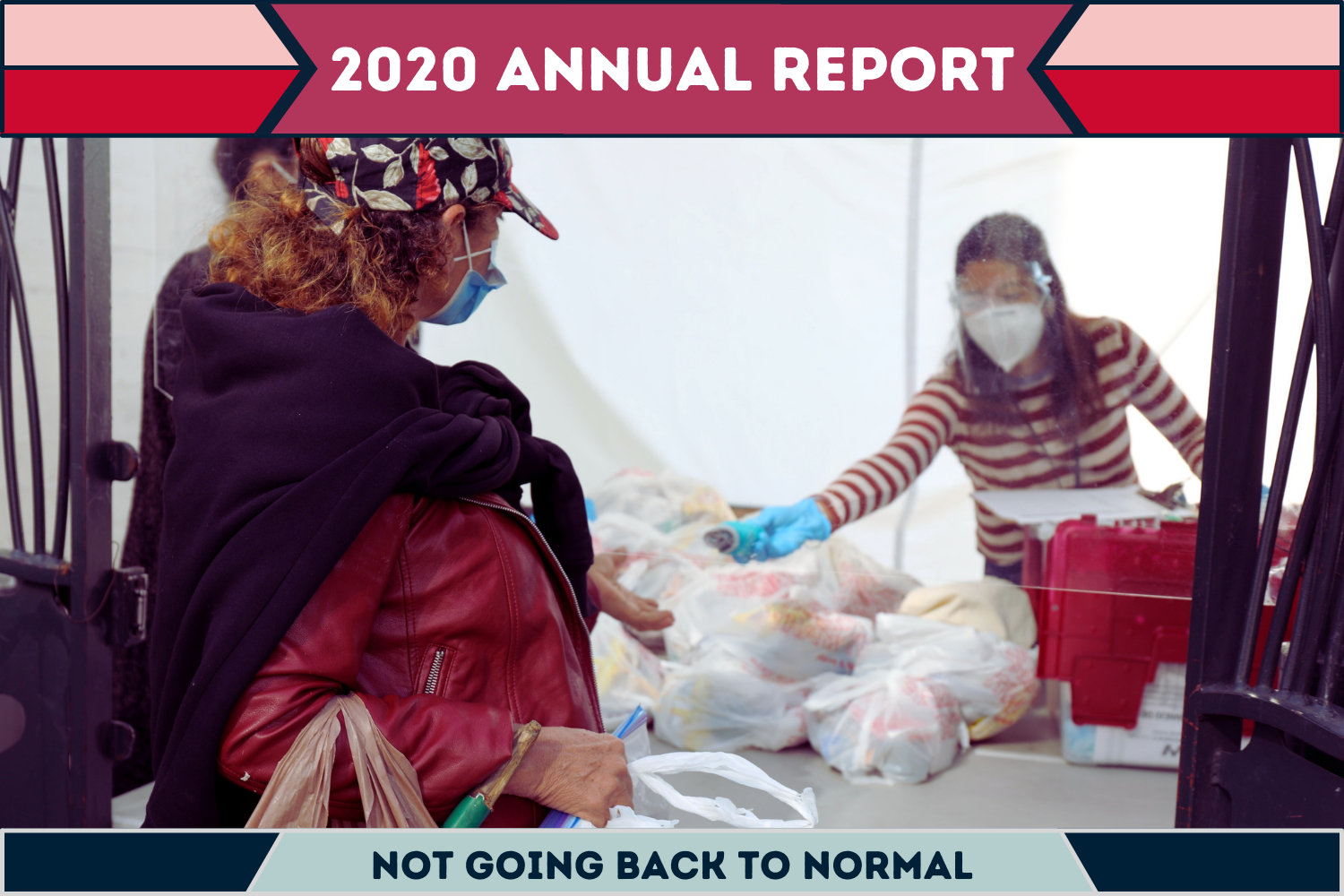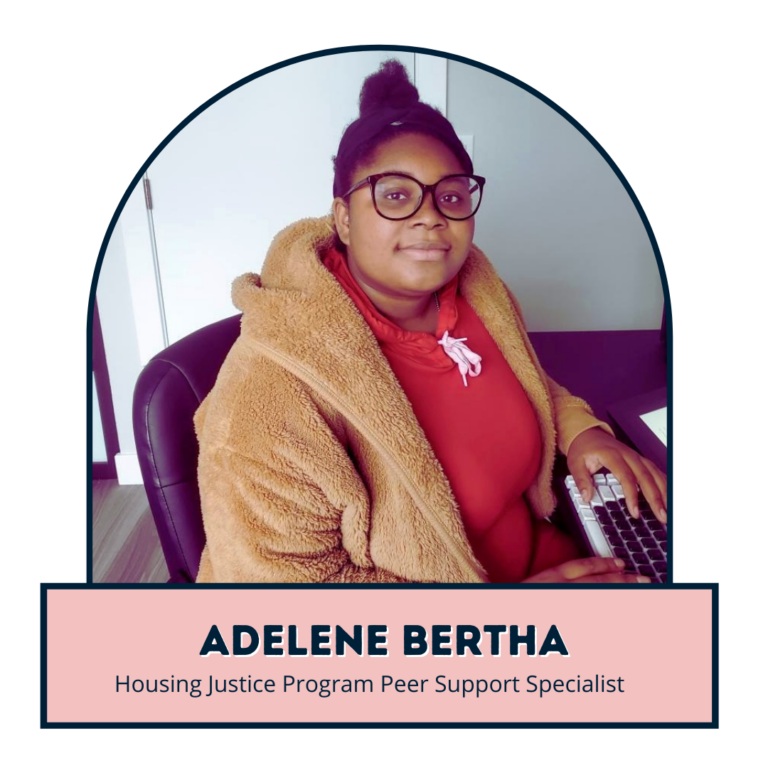

Reaching the historically under-served
Our Housing Justice Program (piloted as Project 100) is one of DWC’s newest programs, launched in late 2019 in coordination with the Los Angeles Office of the Mayor, LAHSA, Enterprise Community Partners, and countless other homeless service sector partners including the The People Concern, SRO Housing Corporation, LeaseUp LA (powered by PATH), and the Skid Row Housing Trust.
This innovative program aims to provide culturally responsive services to unhoused women living in Skid Row, who have experienced long-term homelessness and have been historically underserved by traditional housing programs. We were so thrilled to welcome the first 15 women of the DWC Housing Justice Program into their new homes in May 2020. Through the end of the year, we had the pleasure of having 11 more women move in, with another 69 enrolled and receiving services.
A huge success of the Housing Justice Program so far has also been its 100% housing retention rate. To ensure long-term retention, women housed through the program have access to a variety of wrap-around supportive services, including:
- Housing specialists to assist with housing navigation and retention.
- Peer specialists with lived experience and knowledge of community resources.
- Employment coordinators to alleviate barriers to gainful employment.
- Clinicians to provide trauma-informed, culturally responsive emotional support in individual and group settings.
The Housing Justice Program is a central component of DWC’s commitment to advancing racial and gender equity in Los Angeles. It’s dedicated to implementing the recommendations of the LAHSA Ad Hoc Committees on Black People Experiencing Homelessness and Women Experiencing Homelessness, which together found that education, housing, healthcare, and employment policies over time have led to deep inequities, racial disparities, and systemic racism among people experiencing homelessness. For this reason, the DWC Housing Justice Program was designed to enhance existing service models to quickly and permanently house 100 of Skid Row’s most vulnerable female residents, with special support from LAHSA Commissioners Sarah Dusseault, Jacqueline Waggoner, and Wendy Greuel.
>> CLICK HERE TO DOWNLOAD AN EXCERPT OF THE HOUSING JUSTICE SERVICE PROVIDER MANUAL


Becoming a Peer Support Specialist for Project 100 during the COVID-19 pandemic was definitely a challenge.
But I was also excited to be a part of it and use my own experience of homelessness in Skid Row to help other women. As someone who was a homeless youth for many years, I know the importance of peer support in communities is essential to well-being. It provides a sense of social cohesion and also access to resources, wellness, and safety.
Through Project 100, I’m able to uplift the various aspects that supported me during my own experience, to support others like me right now. One of the highlights for me so far has been seeing a woman in her 40s who, after being homeless for two years, was able to take advantage of the program’s full wraparound services to get housed and connected to employment. For a time, she had been hesitant to engage with our team because of the high anxiety she felt when around people. Working consistently with her, though, I was able to build a relationship and share information and resources for free COVID-19 testing, and get her connected to therapy services. Over time, she was also able to obtain a job and a permanent home.
Her case was a huge accomplishment for everyone, given how she started and especially given how the pandemic has caused housing and homelessness issues for a lot of people, and increased fears and anxiety around in-person interactions. During such a hard year, it was amazing to see this woman work with our comprehensive wraparound team to reach her fullest potential as an independent individual.
